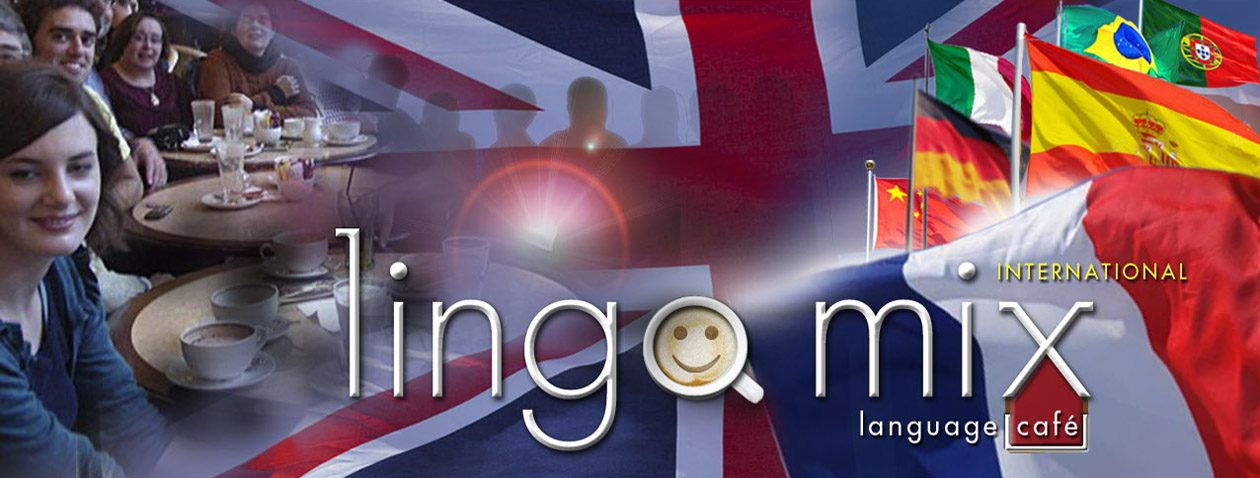
Lingua e cultura italiana per il mondo: Alma editore= ALMA TV: https://www.almaedizioni.it/it/almatv/

https://www.fluentu.com/blog/italian/italian-podcast/
01st May in Italy : There are many concerts taking place in the cities like Milan and Rome with groups and singers and for free. They are really popular and terrific events.
Maybe I’ll join some on Instagram if I have the time today. https://www.studenti.it/storia-del-1-maggio-festa-dei-lavoratori.html https://www.focus.it/cultura/storia/perche-primo-maggio-2018-festa-del-lavoro

Certificazioni di lingua italiana ( PLIDA / CELI)
From the website : https://ladante.it/ : La Società Dante Alighieri, fondata nel 1889 da un gruppo di intellettuali guidati da Giosue Carducci ed eretta in Ente Morale con R. Decreto del 18 luglio 1893, n. 347, ha lo scopo di «tutelare e diffondere la lingua e la cultura italiane nel mondo, ravvivando i legami spirituali dei connazionali all’estero con la madre patria e alimentando tra gli stranieri l’amore e il culto per la civiltà italiana».
Senza dubbio Dante Alighieri, il vero padre della lingua italiana, colui che ancora oggi – a distanza di secoli – è lo scrittore italiano che meglio ci rappresenta nel panorama letterario internazionale. Il Sommo Poeta ci ha insegnato che la lingua costituisce anche una parte integrante del sentimento di identità nazionale, perché amare il proprio Paese vuol dire amare la propria lingua.
Sul piano della diffusione della lingua italiana, la Società Dante Alighieri rilascia, in base a una convenzione con il Ministero degli Affari Esteri e della Cooperazione Internazionale e con il plauso scientifico della “Sapienza” Università di Roma, il certificato PLIDA (Progetto Lingua Italiana Dante Alighieri), un diploma che attesta la competenza in italiano come lingua straniera secondo una scala di sei livelli elaborati a partire da quelli definiti dal Consiglio d’Europa nel Quadro comune europeo di riferimento per le lingue. Dal 2012 la “Dante” fa parte dell’Associazione “CLIQ-Certificazione Lingua Italiana di Qualità”, promossa dal MAECI, che vede riuniti gli enti certificatori (Società Dante Alighieri, Università per Stranieri di Siena, Università per Stranieri di Perugia e Università Roma Tre) della conoscenza della lingua italiana per stranieri con l’obiettivo di fornire un sistema di certificazione unificato che consenta di superare il problema della frammentazione delle offerte di studio destinate agli studenti di italiano nel mondo.
From Wikipedia: The Certificato di Conoscenza della Lingua Italiana (Certificate of Knowledge of Italian Language), or CELI, is an internationally recognized qualification of the Italian language destined for foreigners wanting to validate their relative Italian fluency, offered by the Università per Stranieri di Perugia. It is accepted as an official qualification notably by the Italian Ministry of Education and Research and the Italian Ministry of Foreign Affairs. It is one of the qualifications used by foreigners to get entrance into any Italian university or higher education institution. The CELI qualification represents one of the many Italian Language Examinations and is often taken by applicants with immigration, work and study needs or for pure passion. First introduced in 1987, the CELI qualification has been designed to offer high quality in Italian Language Examinations, coming from a university with a history from 1921 of offering Italian language and culture studies to foreign students. Thus, the Università per Stranieri di Perugia is responsible for its creation, distribution, evaluation and awarding. An applicant wishing to obtain the CELI qualification must register and pay (prices varying) to sit the examination that seems suitable for them, at least two months before the official sitting of the exam. When an applicant has completed the exam (registering and sitting can be done through various streams leading to the university), the Università per Stranieri di Perugia evaluates according to European Union guidelines and awards the official qualification, on average, three months after its sitting. Candidates who receive the qualification do so through successfully passing one of the examinations. The exams are held multiple times annually around the world. Many organisations throughout the world offer preparation courses and studies for the exams so candidates can be familiar with what is required.

